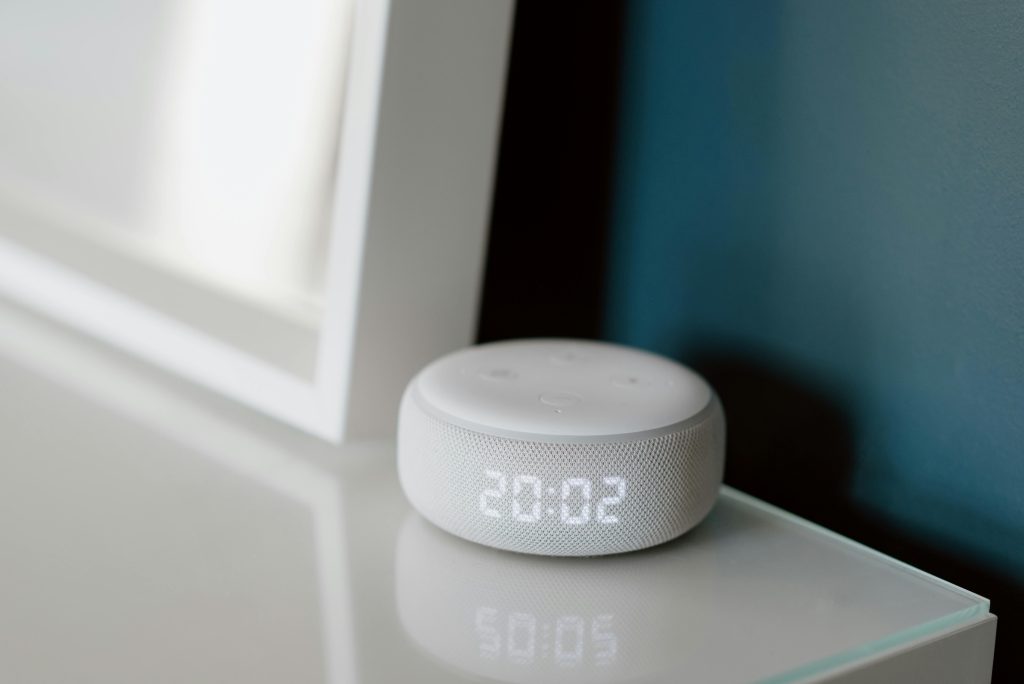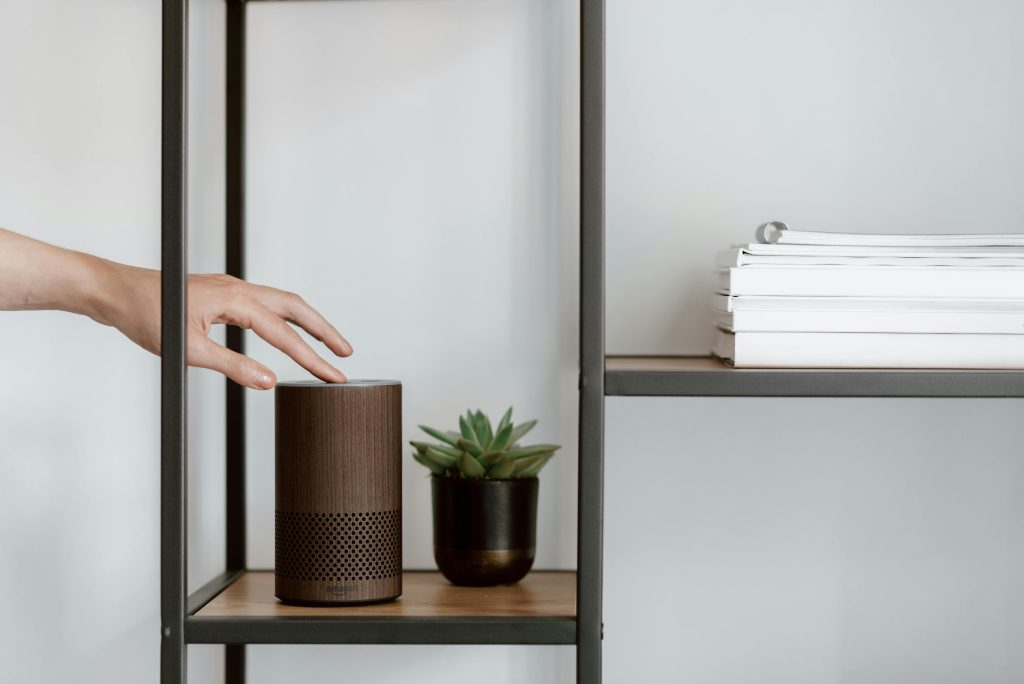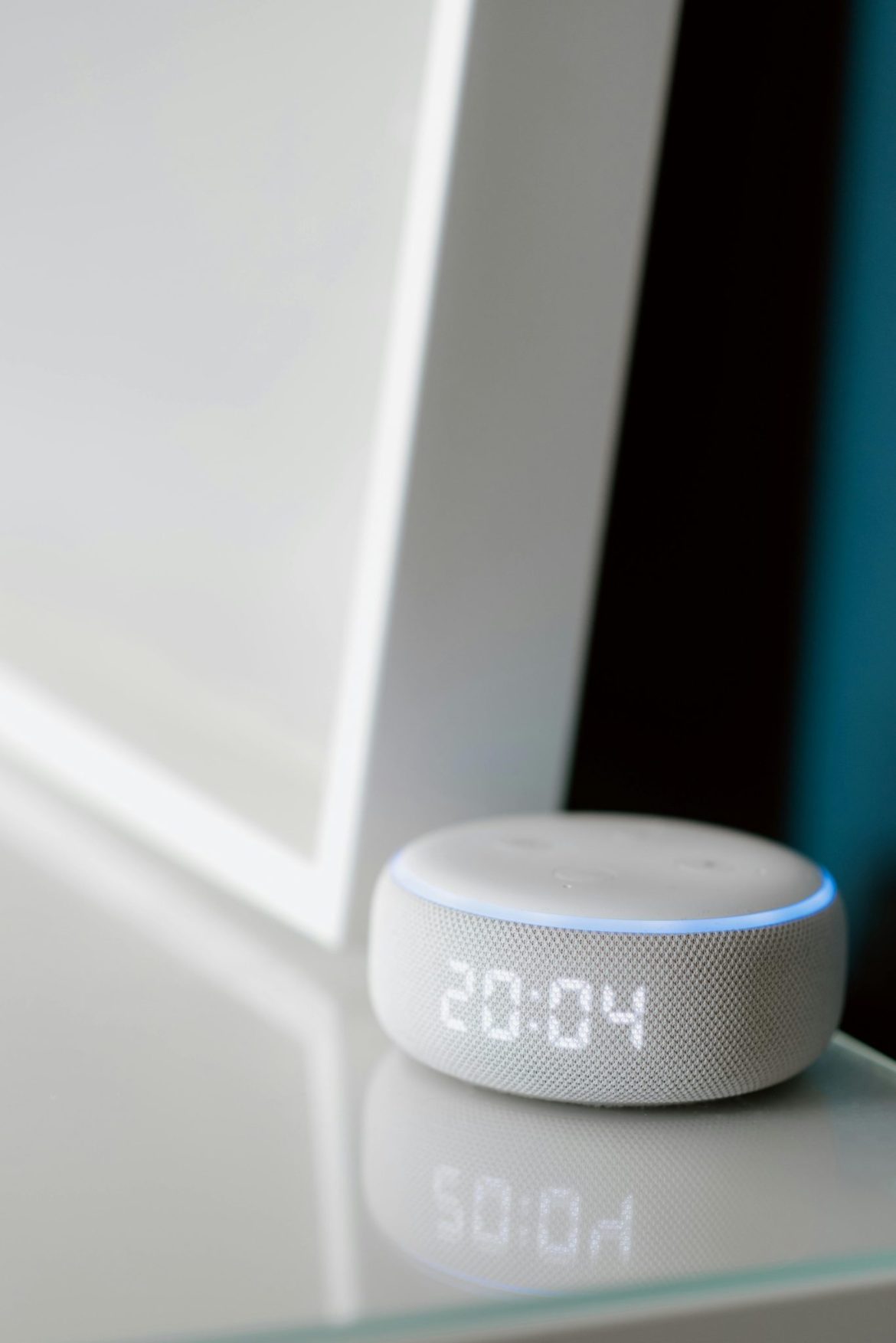Table of Contents
Amazon Alexa has emerged as a leading voice assistant, transforming how users interact with technology in their homes. From managing daily tasks and controlling smart devices to providing entertainment and information, Alexa integrates artificial intelligence and voice recognition to deliver a seamless user experience. This article delves into the features, capabilities, applications, and impact of Amazon Alexa in shaping the future of smart homes and voice-activated technology.

Introduction to Amazon Alexa
Amazon Alexa is a cloud-based voice service developed by Amazon, powering devices such as Amazon Echo smart speakers, Echo Show displays, and a variety of third-party devices. Launched in 2014, Alexa has evolved from a voice-activated assistant to a multifunctional platform that enhances convenience and connectivity in homes worldwide.
Features and Capabilities
1. Voice Commands and Natural Language Processing
Users interact with Alexa using natural language commands, allowing them to ask questions, set reminders, create to-do lists, and control smart home devices hands-free. Alexa’s advanced natural language processing capabilities enable it to understand and respond to a wide range of voice commands.
2. Smart Home Integration
Alexa serves as a central hub for controlling smart home devices compatible with the Alexa ecosystem. Users can adjust thermostats, dim lights, lock doors, and even operate kitchen appliances using voice commands or through the Alexa app.
3. Skills and Customizable Actions
Alexa Skills are third-party apps that extend Alexa’s functionality, allowing users to personalize their devices with capabilities ranging from playing games and ordering food to accessing news updates and meditation guides. Users can enable Skills through the Alexa app or by voice command.
4. Entertainment and Information
Alexa provides access to a vast range of entertainment options, including streaming music from services like Amazon Music, Spotify, and Apple Music. Users can also listen to audiobooks, podcasts, and radio stations or get real-time weather updates, sports scores, and news briefings.

Applications in Daily Life
1. Home Automation
Alexa-enabled devices automate routine tasks, enhancing home efficiency and comfort. Users can schedule routines to turn on lights, start coffee makers, or adjust room temperatures at specified times, simplifying daily routines.
2. Voice-Controlled Shopping
Alexa facilitates voice-controlled shopping through Amazon, allowing users to reorder household essentials, add items to their shopping carts, and track deliveries with voice commands.
3. Accessibility and Assistive Technology
For individuals with disabilities, Alexa serves as an assistive technology tool, providing hands-free access to information, communication, and entertainment. Voice commands enable users to control devices and access services independently.
Impact on Technology and Industry
1. Market Expansion and Adoption
The popularity of Amazon Alexa has driven market growth in smart speakers and voice assistants. Competing tech giants have introduced their own voice assistants, fostering innovation and expanding the range of voice-controlled devices available to consumers.
2. Ecosystem Integration
Alexa’s compatibility with a wide range of smart home devices and services promotes ecosystem integration, allowing users to create interconnected and automated home environments tailored to their preferences.
3. Privacy and Security Considerations
As with any voice-activated technology, concerns about privacy and data security arise. Amazon continues to enhance Alexa’s privacy settings, enabling users to manage voice recordings, delete stored data, and control third-party access to their Alexa-enabled devices.

Future Trends and Innovations
1. Enhanced AI and Machine Learning
Advancements in artificial intelligence and machine learning will enhance Alexa’s ability to understand context, personalize responses, and anticipate user needs more accurately.
2. Expansion into Healthcare and Wellness
Amazon is exploring Alexa’s potential in healthcare applications, including medication reminders, telehealth services, and voice-enabled wellness programs to support aging populations and individuals with chronic conditions.
3. Integration with Smart Cities
Alexa’s integration with smart city initiatives could enable voice-activated services for urban planning, transportation systems, public safety, and community engagement, transforming city living.
Conclusion
Amazon Alexa represents a significant milestone in voice technology, revolutionizing how users interact with their homes and devices. With its expanding capabilities, seamless integration with smart home devices, and ongoing innovations in AI and machine learning, Alexa continues to redefine convenience, accessibility, and connectivity in the digital era. As voice technology evolves, Alexa’s influence in shaping the future of smart homes, consumer electronics, and daily life is poised to grow, offering new possibilities for innovation and enhanced user experiences.
3.5


